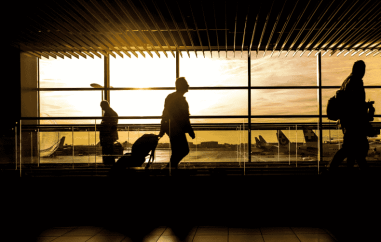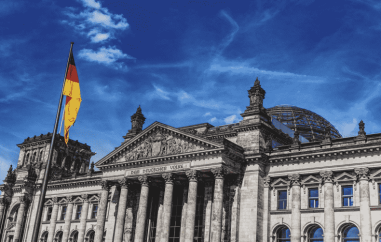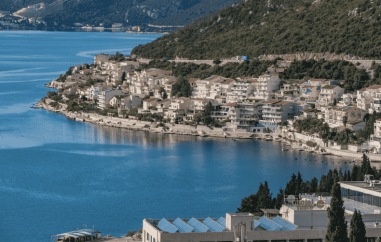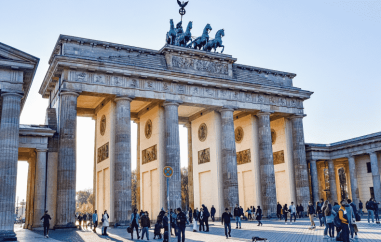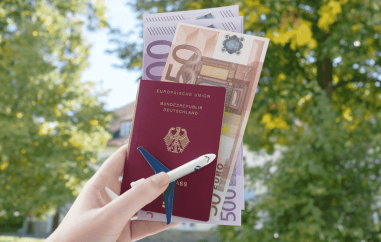Munich Massacre Remembrance
Today marks the 40th anniversary of the 'Munich Massacre'.
On September 5th 1972, eight Palestinian terrorists belonging to the Black September movement coasted past sloppy security into the Olympic Village (Olympiadorf) and took nine Israeli athletes, coaches and officials hostage in their apartments. Two Israelis were gunned down in the initial moments of the siege.
The subsequent stand-off in the Olympic Village lasted for almost 18 hours. Scenes of terror and suspense transfixed a live TV audience across the world. Munich - 'the cosmopolitan city with a heart' - had arrived on the world stage for all the wrong reasons.
Later that evening, the terrorists and hostages went by bus to a military airport in Fürstenfeldbruck, a suburb of Munich, from which they would then escape by helicopter. The terrorists had brokered a deal based on an 'agreement' for safe haven in an Arab country. The hopelessly ill-prepared German authorities planned an ambush, but sadly under-estimated the number of terrorists and were desperately short of trained personnel. During a botched rescue attempt, all of the Israeli hostages were killed in gruesome fashion. All but three of the terrorists were killed.
Jim McKay, covering events live for American network ABC, commented "When I was a kid, my father used to say 'Our greatest hopes and our worst fears are seldom realised.' Our worst fears have been realised tonight. They've now said that there were eleven hostages. Two were killed in their rooms yesterday morning; nine were killed at the airport tonight. They're all gone."
According to 'One Day in September' - an Oscar-winning documentary released in 1999 - the under-pressure German government soon indicated to Black September that it would be willing to release the remaining terrorists should another hijack (carrying no women and children) take place.
The Germans were ultra keen to release the three jailed terrorists to avoid a further series of reprisals, bombings and hijackings from the terrorist group.
Just seven weeks after the tragedy, on October 29th 1972, Chancellor Willy Brandt freed the terrorists in exchange for a hijacked Lufthansa jet, bound for Frankfurt. There were only 11 passengers on board, all male. The pilot was told to fly to Munich and the terrorists' demands were relayed to Bonn. Within hours Brandt gave in and the three men were handed over. The Israelis were not consulted.
Brandt said, "The passengers and crew were threatened with annihilation. I saw no alternative but to yield to this ultimatum and avoid further senseless bloodshed."
Two of the three terrorists were allegedly hunted down and assassinated later by the Israeli Secret Service Mossad. Jamal Al-Gashey is believed to be the sole survivor, and is rumoured to be still living in hiding with his wife and family in Africa.
Olympic events were suspended several hours after the initial attack, but once the incident was concluded, Avery Brundage, the International Olympic Committee (IOC) president, declared that "the Games must go on". A memorial ceremony was then held in the Olympic stadium, and the competitions resumed after a delay of only 24 hours.
The 'Munich Massacre' forced the German government to re-examine its anti-terrorism policies and led to the creation of the crack counter-terrorist unit GSG 9, similar to the British SAS.
